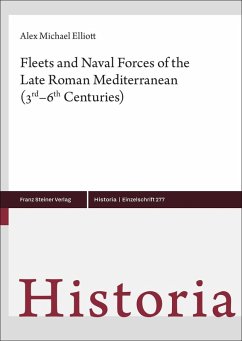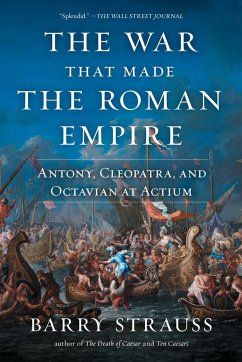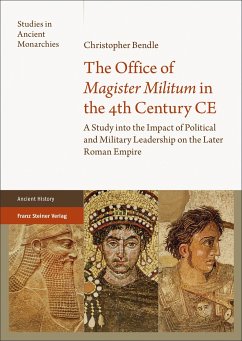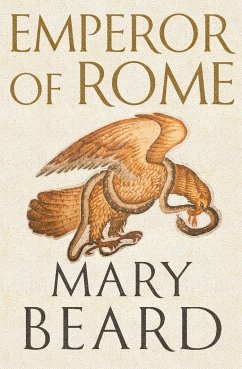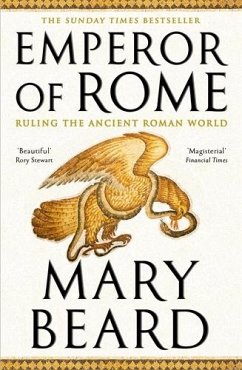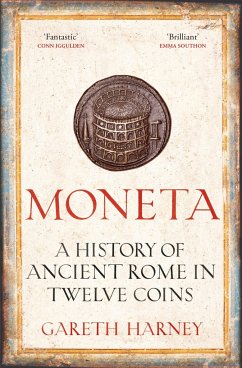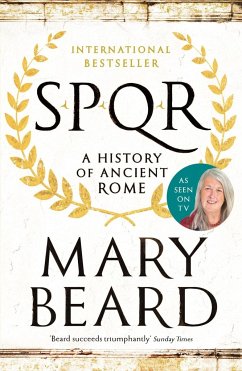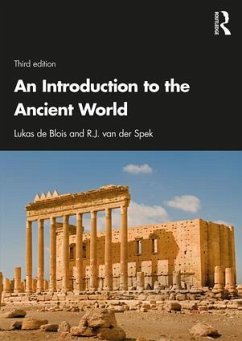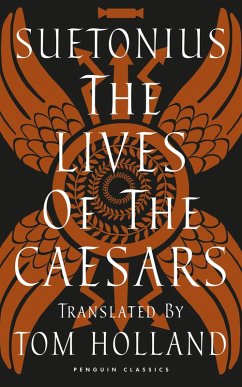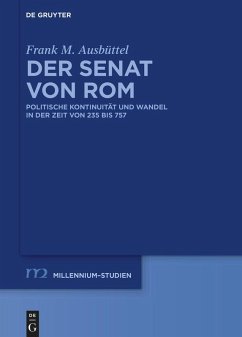Nicht lieferbar
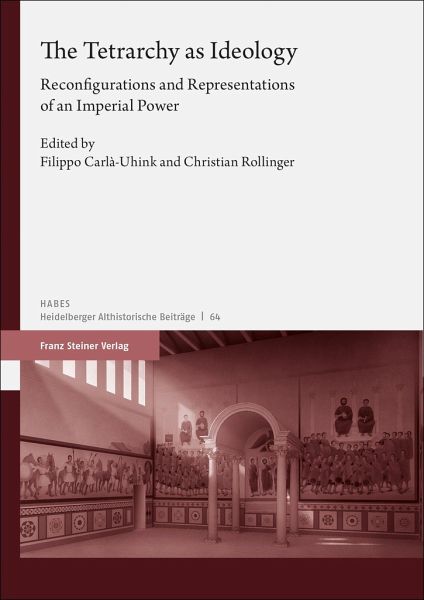
The Tetrarchy as Ideology
Reconfigurations and Representations of an Imperial Power
Herausgegeben: Carla-Uhink, Filippo; Rollinger, Christian
Versandkostenfrei!
Nicht lieferbar
The 'Tetrarchy', the modern name assigned to the period of Roman history that started with the emperor Diocletian and ended with Constantine I, has been a much-studied and much-debated field of the Roman Empire. Debate, however, has focused primarily on whether it was a true 'system' of government, or rather a collection of ad-hoc measures undertaken to stabilise the empire after the troubled period of the 3rd century CE. The papers collected here aim to go beyond this question and to present an innovative approach to a fascinating period of Roman history by understanding the Tetrarchy not as ...
The 'Tetrarchy', the modern name assigned to the period of Roman history that started with the emperor Diocletian and ended with Constantine I, has been a much-studied and much-debated field of the Roman Empire. Debate, however, has focused primarily on whether it was a true 'system' of government, or rather a collection of ad-hoc measures undertaken to stabilise the empire after the troubled period of the 3rd century CE. The papers collected here aim to go beyond this question and to present an innovative approach to a fascinating period of Roman history by understanding the Tetrarchy not as a system of government, but primarily as a political language. Their focus thus lies on the language and ideology of the imperial college and court, on the performance of power in imperial ceremonies, the representation of the emperors and their enemies in the provinces of the Roman world, as well as on the afterlife of Tetrarchic power in the Constantinian period.





